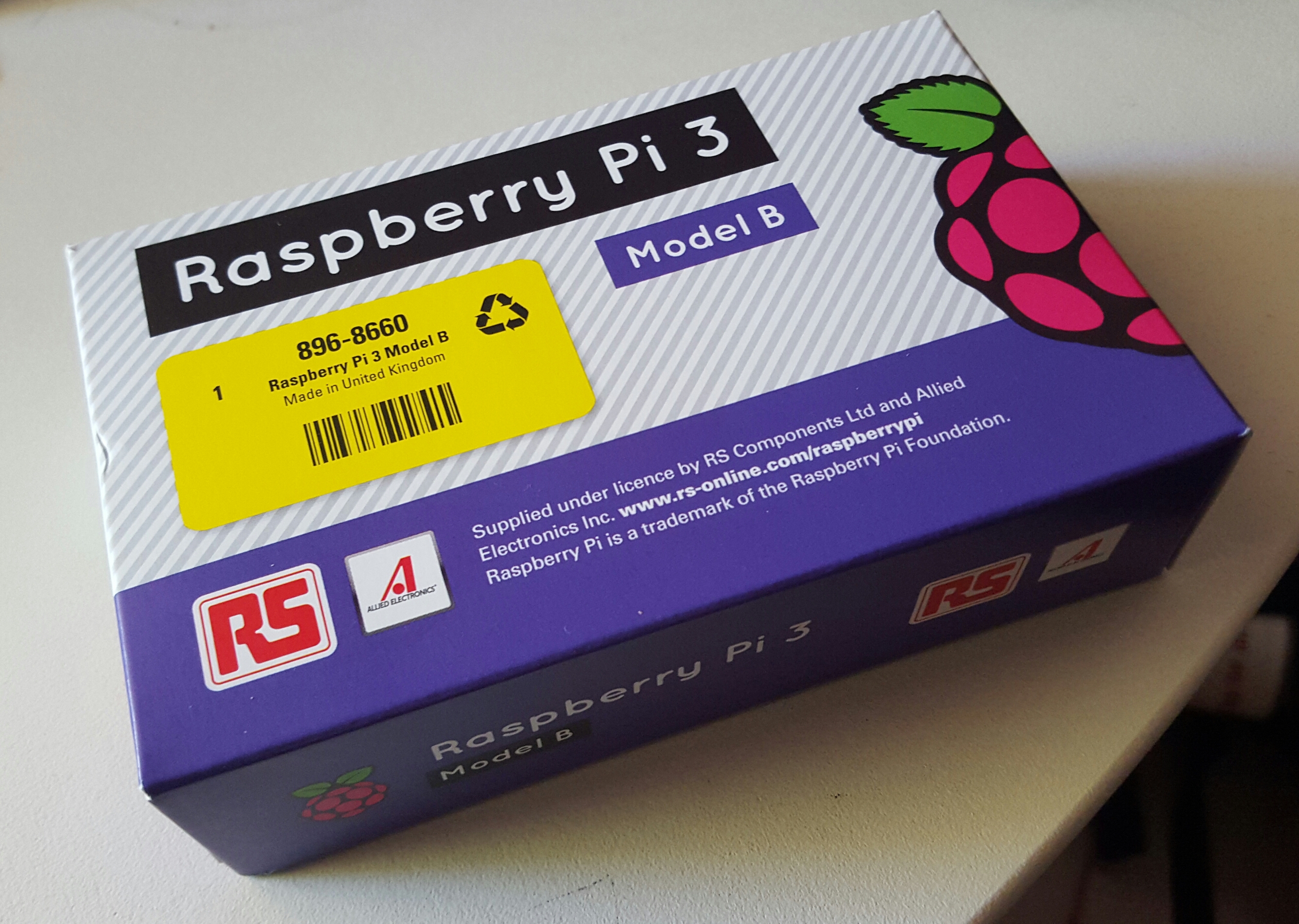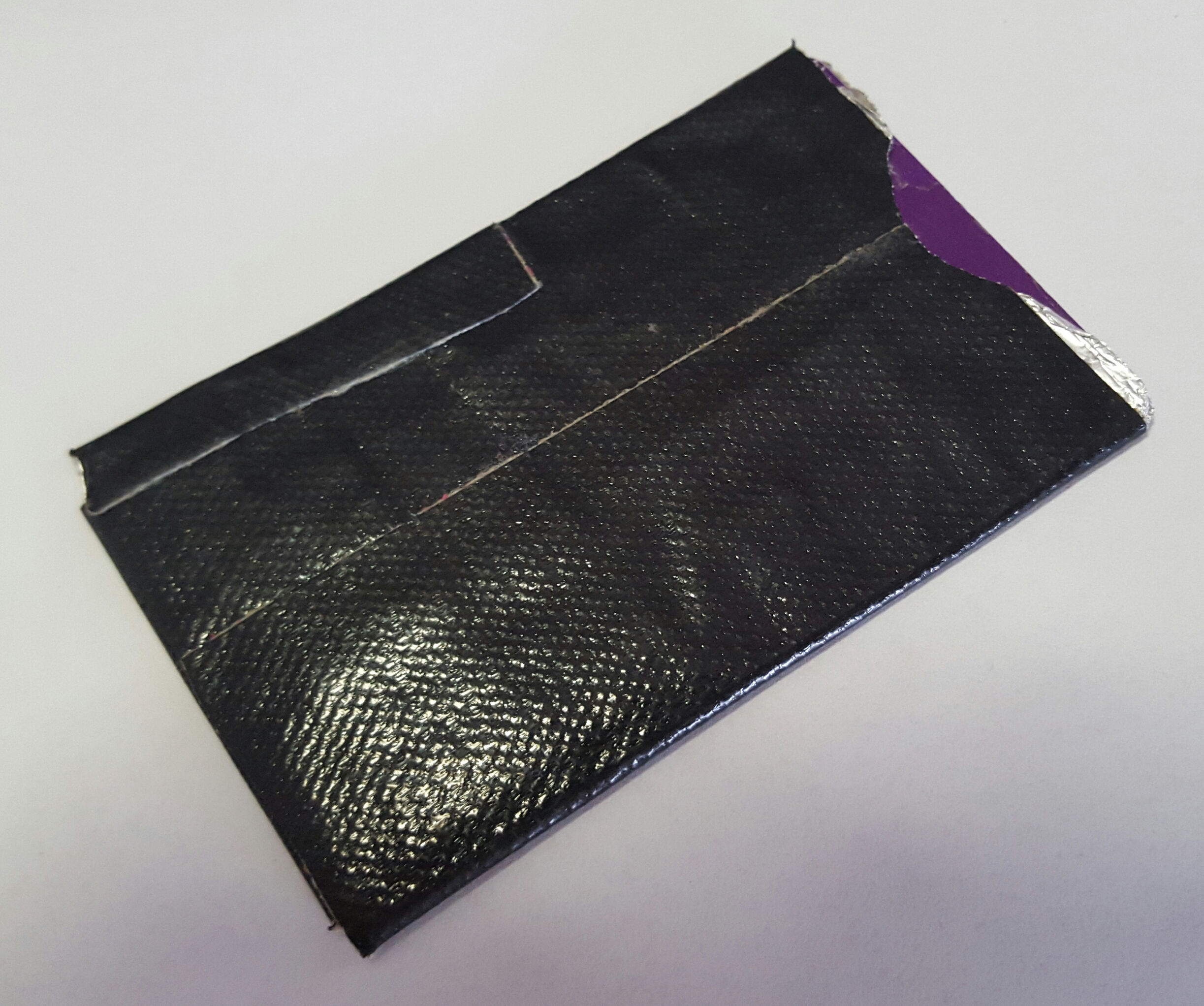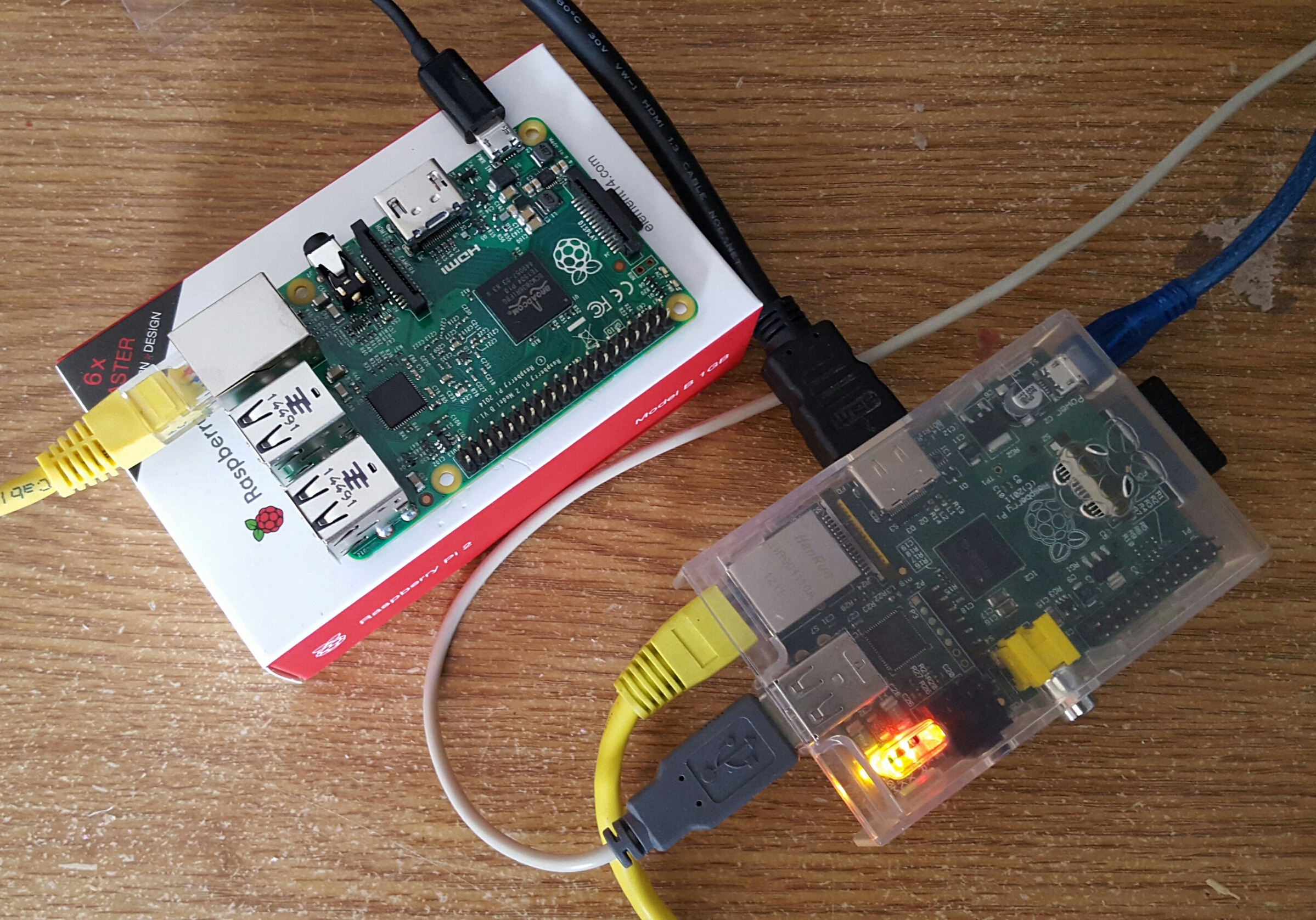A demonstration system is being built for prototyping the OpenADR system using accessible hardware.
This is a new project fo me, but I have an interest in learning more about how the Electrical Power network works as we have a Grid Connected Solar installation(SMA Sunny Inverter with Blue Tooth interface), and a Clipsal C-Bus home lighting/power control system in the house.
OpenADR (Open Automatic Demand Response) is a project with the aim of creating an open infrustructure to allow the consumer appliances in power networks to automatically respond to the market,
including pricing details and peak power periods.
In Australia, grid connected household solar systems are currently subjected to different mechanisms which impact on their final economic benefit. As well as overall cost, these include ongoing feed-in tarrif rates or restrictions on feed-in power. Add to this the ability to add local power storage via batteries (eg. Tesla Powerwall[2]) and it becomes more essential to control the local power sources and loads.
Standards exists[3] for controlling appliances, and DRED (Demand Response Enabling Device) incorporates a range of controls for various aA demonstrator system is being built for prototyping the OpenAD system using accessible hardware.ppliance types, and the list of included appliances is expected to grow.
OpenADR protocols form the communication link beween the power retailer and the DRED enabled appliances, via a consumer smart power controller. This project aims at investigating XMPP as the communication layer between the power retailer and the controller which then implements the control via DRED relay switching and hardware controls.
Technology being used: RaspberryPi, Linux, Raspbian, Ubuntu Snappy Core, XMPP client, ejabberd. ansible.
References:
[1] http://www.opwnadr.org
[2] Tesla Powerwall – http://www.teslamotors.com/en_AU/powerwall
[3] AS4755 – Demand Response for Air Conditioners





